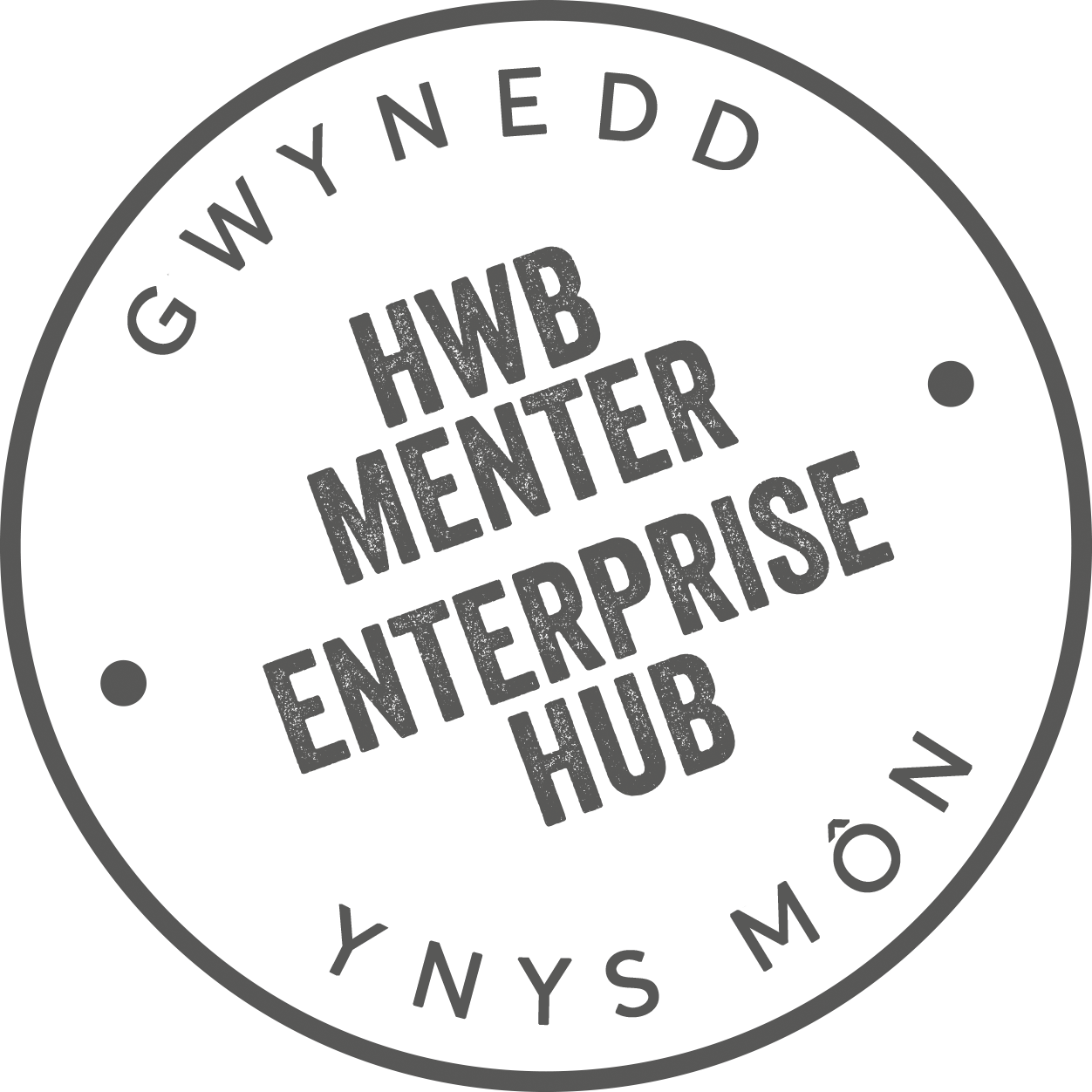Case Study – Best Practice when running a collaborative, virtual hack
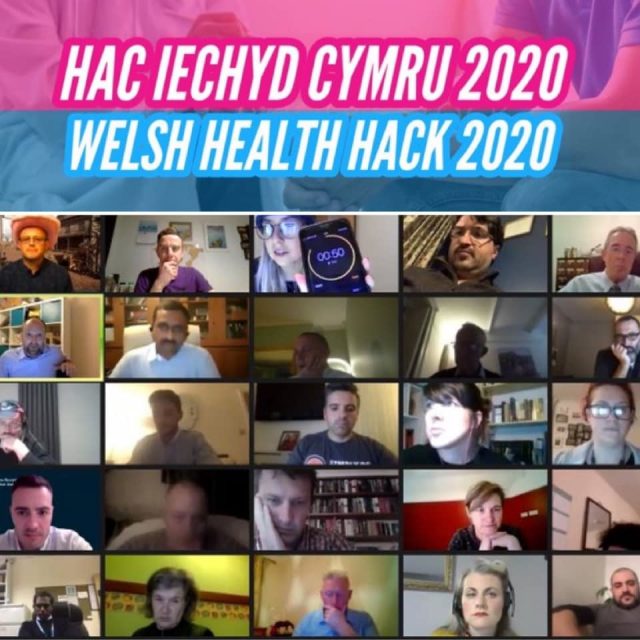
2 December
2020
The Welsh Health Hack was held for the 8th time, and 2nd online, in November this year. A collaborative effort between institutions and health boards, as well as a digital open innovation platform for capturing and managing challenges and ideas, saw 22 teams tackling challenges pitched by health and care workers, with a £200,000 prize pot available via the Welsh Government and Agor IP. 5 winners were chosen on the night, and will go forward to ensure their solution assists patients and colleagues within the NHS.
The Welsh Health Hack is a pan-Wales event, arranged and hosted by various partners. The partners this year were the Bevan Commission, MediWales, Betsi Cadwaladr University Health Board, Cyflymu Accelerate, Life Sciences Hub Wales, M-SParc, Digital Health Ecosystem Wales, The Enterprise Hub @ M-SParc. Funding was provided by the Welsh Government and Agor IP. The Simply Do open innovation platform was utilised and sponsored by B-Enterprising of Bangor University.
The Welsh Health Hack allows those in the Health and Care sector to submit their challenges; that is, areas where they need help and no solution is available. Those in industry are then invited to provide new and novel solutions. The criteria recommends that challengers do not try to offer solutions along with their challenges, and this was supported via the Simply Do platform. Moderators from BCUHB, Life Science Hub and Bevan Commission reviewed each challenge submitted, and challenges were only approved and viewable by the public once they had met these criteria.
The Simply Do open innovation platform enabled a level of interaction prior to the first pitching event. It was available for anyone to browse the approved challenges, ask questions, and leave feedback, before the idea was pitched at the live event. This provided a level of information helpful to those pitching; they already knew if people liked their challenge and if they were likely to receive support. The first live event saw over 30 challenges being pitched. Each were given a 2 minute slot, which was timed, to pitch their challenge. This took place over Zoom.
Following all pitches, they were then separated into ‘Zoom rooms’, and those industry partners who had watched the pitches took the opportunity to network and speak more to those whose challenges they felt they could solve. Another criteria came into effect here; the solutions had to be new and novel. If an ‘off the shelf’ solution was available, then the challengers were encouraged simply to go and use this. If a company was pitching a solution which they already produced, they were asked not to go on to the next round, as they would not receive funding. Careful monitoring was required in order to ensure everyone understood the criteria required of them to provide a solution.
A week was given between the pitching of the challenges, and the presentation of solutions. During this time, teams were formed and amended, and judging panels were put together. They only had to present a concept of a solution, and no completed products or projects were required at this stage. 22 pitchers had 6 minutes each to pitch and receive questions. Due to the large number of challenges, two panels were chosen in order to have two hacks taking place simultaneously. The panels included representatives from the funders, clinicians, industry, and patients. The two panels got together after all the pitches had taken place, and five winners were chosen.
The 5 winners were announced on the evening, and informed that they would be contacted. Following the live events, the organisers arranged for each health board innovation lead and funder to meet with each winner, in order to support them to access funding and to help them get started on their solution. The follow up work with winners and attendees after the hack is just as important as arranging, as those in health don’t have a lot of time to waste and must be shown there is value in taking part in the hack.
Key Lessons:
- All partners need to help market the event, with support to be given to those who aren’t used to promoting over social media. This ensures there is a focused, pan-Wales target audience, so that the hack message reaches as many people as possible.
- Participants can get overloaded with information. Don’t feel you have to tell them every single detail of the event, but manage expectation and guide them through as you go.
- Ensuring participants enjoy the event is important. Only a few will win, but they will all have given hours of time, so they need to feel it was worthwhile. Creating a positive atmosphere and showing that the hosts are having fun helps participants find it an entertaining event as well as a challenge.
- Post-event contact is important but must be managed. All participants need to know they aren’t just forgotten about post-event. Simply Do was a great way to continue to create and connect challenges, ideas and innovators together. It is equally important to ensure participants don’t get bombarded by post-event e-mails, both by organisers offering a myriad of different support, or by those who attended the event just to sell an existing product.
Key Stats:
- 8,300 main call page views; 5,679 Challenge Views
- 57 challenges created and 37 accepted
- 297 users and over 60 organisations taking part
- 5 winners chosen
- 3 health boards represented by the winners
- Half of the ‘most liked’ challenges were the overall winners
- 78% of respondents agreed their organisations should use more ‘Hack’ events
- 93% agreed they would use Hacks themselves in future
Subscribe to our newsletter
Sign up to our newsletter for exclusive content and complementary Business Top Tips PDF!
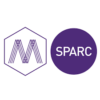

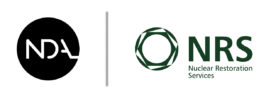
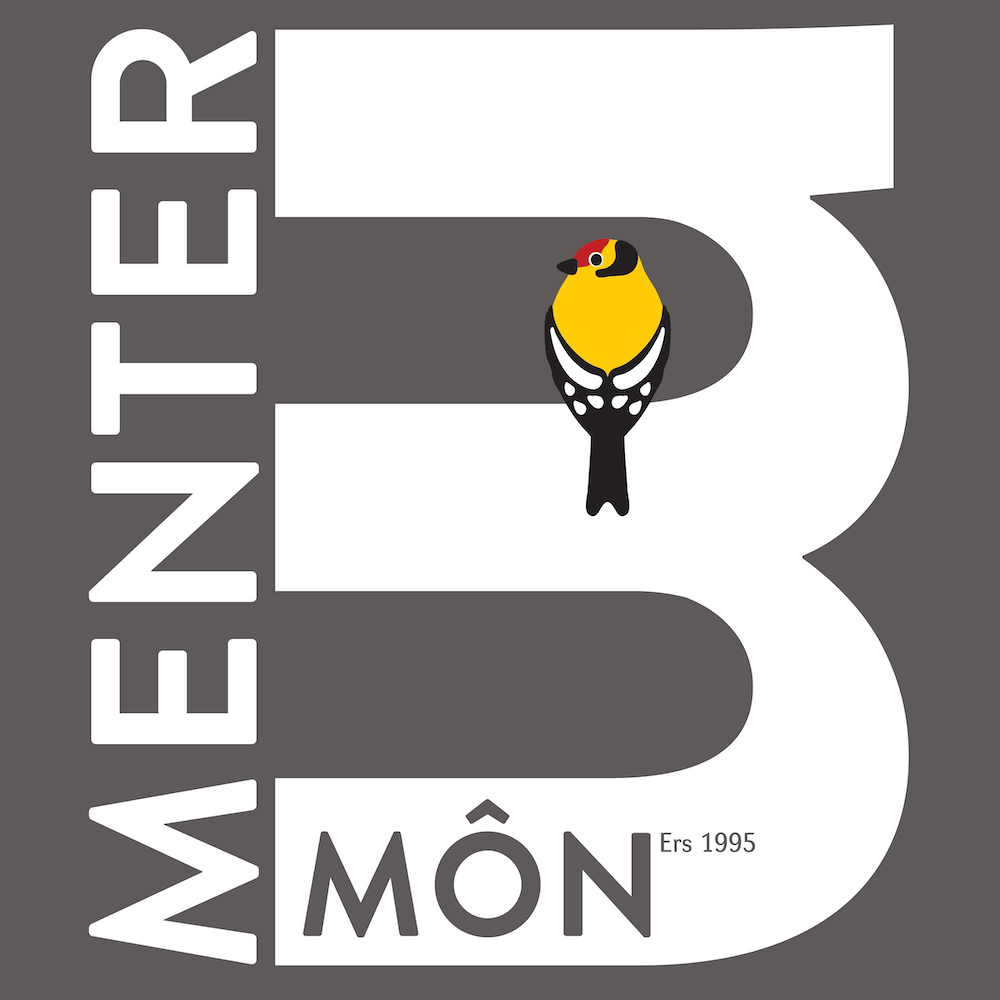 A Menter Môn Project
A Menter Môn Project